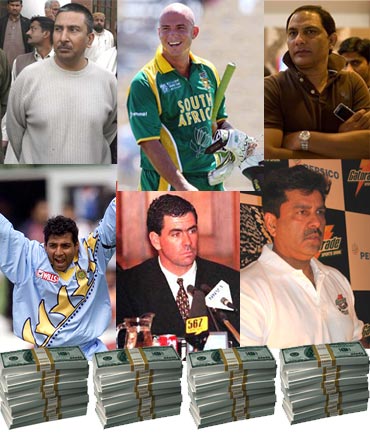
Allegations of match-fixing have come back to haunt international cricket, a decade after the match-fixing scandal rocked the cricketing world. This time, 'spot-fixing' has emerged as the latest threat to the integrity of the game.
A sting operation carried out by British tabloid The News of the World implicated seven Pakistani players, including captain Salman Butt and bowlers Mohammad Asif and Muhammad Amir.
There are calls from all quarters to ban those players guilty of involvement in corruption and tainting the game.
Rajneesh Gupta goes back in time and looks at cricketers who succumbed to corruption and were later banned for their misdeeds.
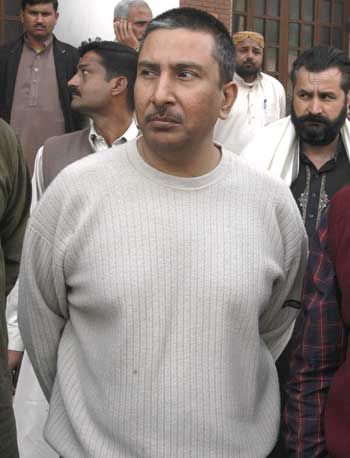
Salim Malik
The former Pakistan captain was the first player to be banned for match-fixing after he was implicated by Justice Malik Mohammad Qayyum, the Pakistan high court judge who headed the enquiry on match-fixing in 1998.
Australian players Shane Warne and Mark Waugh also testified that Malik had tried to bribe them to lose the Karachi Test of 1994-95 (which Australia did, by one wicket).
Acting on Qayyum's report, submitted in 2000, the Pakistan Cricket Board handed Malik a life-ban. He protested his innocence, appealed against the ban in 2001, but the Lahore high court rejected it. He sought relief from the Supreme Court and after a seven-year wait had his ban lifted.
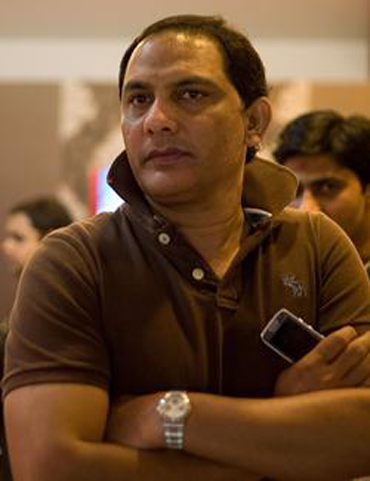
Ata-ur-Rahman
The pace-bowler, just like Salim Malik, was banned for life after Justice Qayyum observed in his report that he had no doubt about Ata-ur-Rahman dealing with bookmakers and underperforming on purpose. However, he was freed by the ICC to return in May 2007.
Mohammad Azharuddin
The former Indian captain was banned from playing cricket for life after being found guilty of match-fixing by the CBI and an internal enquiry by the BCCI.
The BCCI imposed a life-ban on Azharuddin in December 2000, saying that he had admitted to fixing three One-Day Internationals.
Azharuddin challenged the Board's verdict in the courts, but the verdict is still awaited. He is currently an MP for the ruling Congress Party.
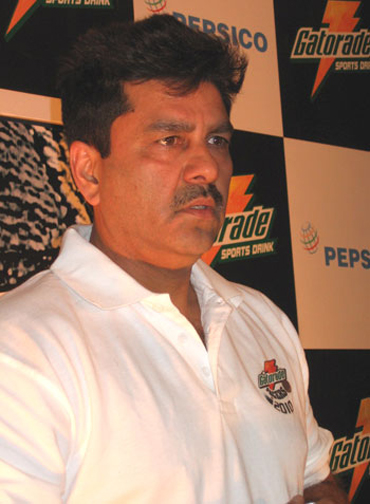
Manoj Prabhakar
Manoj Prabhakar created a furore in Indian cricket when he alleged that a very senior member of Indian team had offered him money to under-perform. He also tried a sting operation to implicate other well-known Indian cricketers in the match-fixing controversy. However, his attempts backfired, as he was banned for five years for his own alleged involvement.
After the ban Prabhakar entered politics, but lost heavily in the elections. He later took to coaching, and served as Delhi's bowling coach before taking over as Rajasthan coach ahead of the 2009-10 season. Besides cricket, he heads Naturence Cosmetics.
Ajay Sharma
He was also banned for life - along with Mohammad Azharuddin - by the BCCI for having associations with the bookmakers.
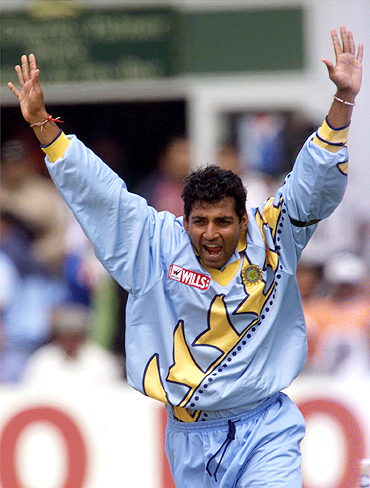
Ajay Jadeja
One of the most famous cricketers on the scene at the time, Ajay Jadeja was banned for five years by the BCCI in December 2000.
Jadeja contested the ban, but in November 2004 his plea seeking permission to play international cricket was dismissed by the Delhi high court after no one appeared on his behalf when the petition was taken up for hearing.
However, a Division Bench subsequently permitted him to play domestic cricket and Jadeja returned to Delhi, where he was made captain.
In September 2005 he took on a double role as captain and coach of Rajasthan. He also found a new vocation - acting in films. Besides that, he is now a regular cricket expert with a popular English news channel.
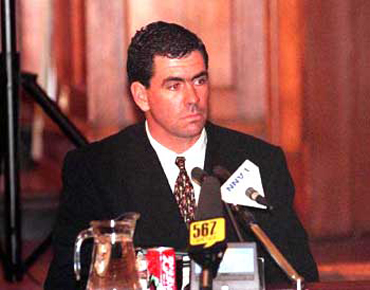
Hansie Cronje
In March 2000, the Delhi police charged Cronje of conspiring with an Indian bookmaker.
The charge was vehemently denied by Cronje and such was his reputation that very few suspected him. However, just four days after the accusations, Cronje called upon Ali Bacher, the then managing director of the United Cricket Board of South Africa, at 3 am to inform him that he had not been completely honest.
He was stripped of the captaincy immediately.
The South African government appointed a commission to look into the charges and Cronje gave details of his involvement with match-fixers. He was subsequently banned for life from playing cricket. In 2002, two years after his life-ban, he died in a plane crash.
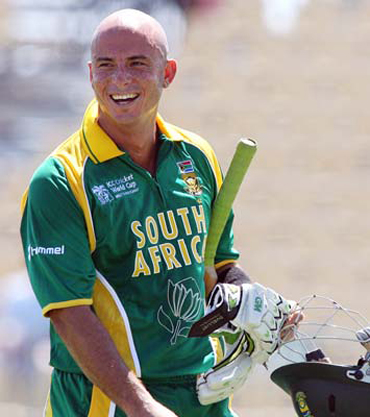
Herschelle Gibbs
South African batsman Gibbs was banned for six months after he revealed that he had agreed to underperform in an ODI against India at Nagpur, but reneged on the deal and scored 74 off just 53 balls.
Henry Williams
South African pacer Henry Williams, likewise Gibbs, was banned for six months for agreeing to under-perform in Nagpur ODI.
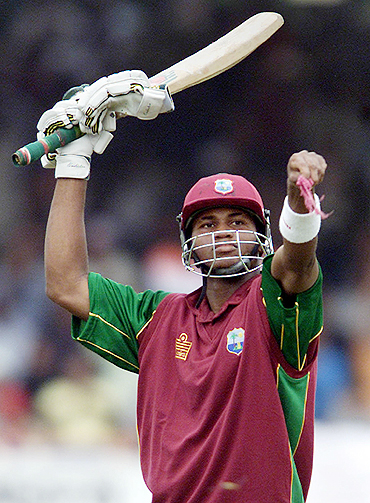
Maurice Odumbe
Former Kenya captain, Maurice Odumbe was banned for five years in 2004 by the Kenyan Cricket Association, after being found guilty of receiving money from bookmakers on several occasions.
Justice Ahmed Ebrahim, the former judge who headed the enquiry, found Odumbe guilty on 12 counts, including accepting US$ 5000 for "fixing a match in Zimbabwe".
Marlon Samuels
West Indies batsman Marlon Samuels was in 2008 banned for two years after being found guilty of breaking rules designed to stop players betting on matches. The West Indies committee looked into charges that the Jamaican had passed on team information to a bookmaker during a One-Day series in India in January 2007.
Samuels was allowed to play in the World Cup while investigations continued. Although the committee said they would prefer for Samuels not to face a ban, recommending a suspended sentence on account of Samuels's good behaviour. But the International Cricket Council enforced a mandatory ban on the 27-year-old backdated from May 9.